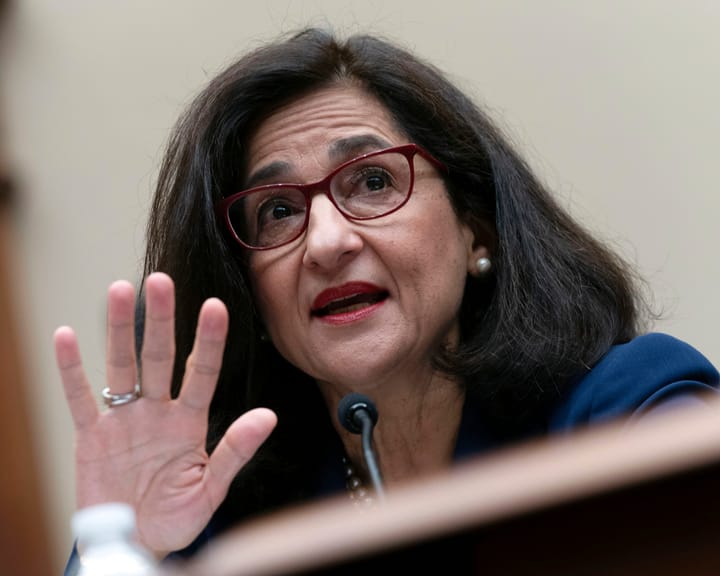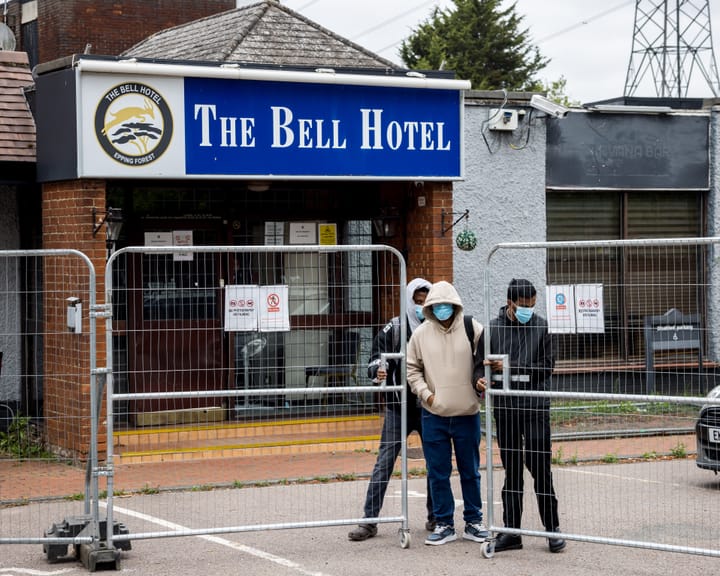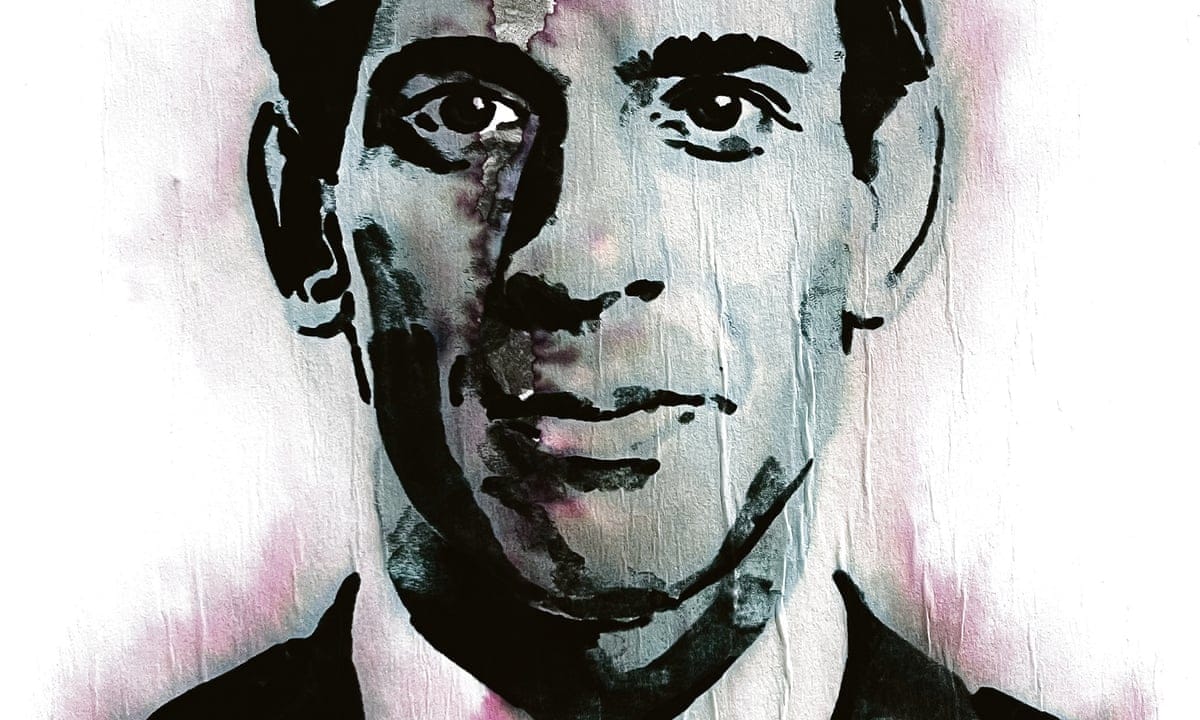Rishi Sunak's tenure as UK Prime Minister was marked by his attempts at navigating through various challenges while maintaining political stability for his party. However, it can be argued that he fell short in certain aspects due to a lack of strong leadership and clear policy direction.
Sunak surrounded himself with loyalists from the Conservative Party, relying heavily on their support, but this strategy may have contributed to insufficient internal opposition within his administration. His prime ministerial style was characterized by being studious in reading government papers, yet he seemed to struggle when facing tough decisions and public pressure.
One of Sunak's notable achievements during his time as PM was negotiating the Windsor framework with the EU, which simplified trade relations between Great Britain and Northern Ireland after Brexit. However, despite this success, critics argue that it came too late to make a significant difference in the overall public perception of his leadership.
Throughout Sunak's term, he faced challenges from within his own party as well as opposition parties like Labour led by Keir Starmer. The Conservative party experienced fluctuating poll shares and internal divisions on key issues such as migration and the NHS waiting list problem. Furthermore, controversial policies like the HS2 rail line cancellation in Manchester demonstrated a lack of coherence within his administration's initiatives.
One of the most significant criticisms leveled at Sunak was his handling of immigration to the UK, particularly small-boat crossings across the English Channel. His attempts to stop these movements proved unsuccessful and led to further discontent among voters. Additionally, the decision to call an early election in July 2023 came under scrutiny as it failed to effectively address the underlying issues facing his administration.
In summary, Rishi Sunak's time as UK Prime Minister was marked by both accomplishments and shortcomings. While he made efforts to stabilize certain areas of governance for his party, challenges such as internal divisions, ineffective policy implementations, and public perception issues hindered the overall effectiveness of his leadership.
Read next

"Starmer appoints ex-Bank deputy governor as top economic advisor"
Minouche Shafik to Become Keir Starmer’s Chief Economic Adviser
Former Bank of England deputy governor Minouche Shafik is expected to join Keir Starmer’s team as his chief economic adviser.
Her appointment comes as the prime minister’s office prepares for the autumn budget, following Shafik’s recent leadership

"Home Office wins appeal allowing asylum seekers to stay at Epping hotel"
The appeals court has determined that the injunction issued by the high court should not have been approved.
Those involved acknowledge they have become part of a broader discussion about how asylum seekers are managed and urge the public to recognize that the Bell hotel was only fulfilling a government-mandated

"Scottish Greens' new leaders push for universal income and free bus fares"
Scottish Greens' new leaders, Ross Greer and Gillian Mackay, have pledged to advocate for a universal income, free bus travel, and increased taxes on high earners following a subdued leadership race.
Greer and Mackay, previously backbench MSPs at Holyrood, were elected co-conveners of the Scottish Greens with a notably

